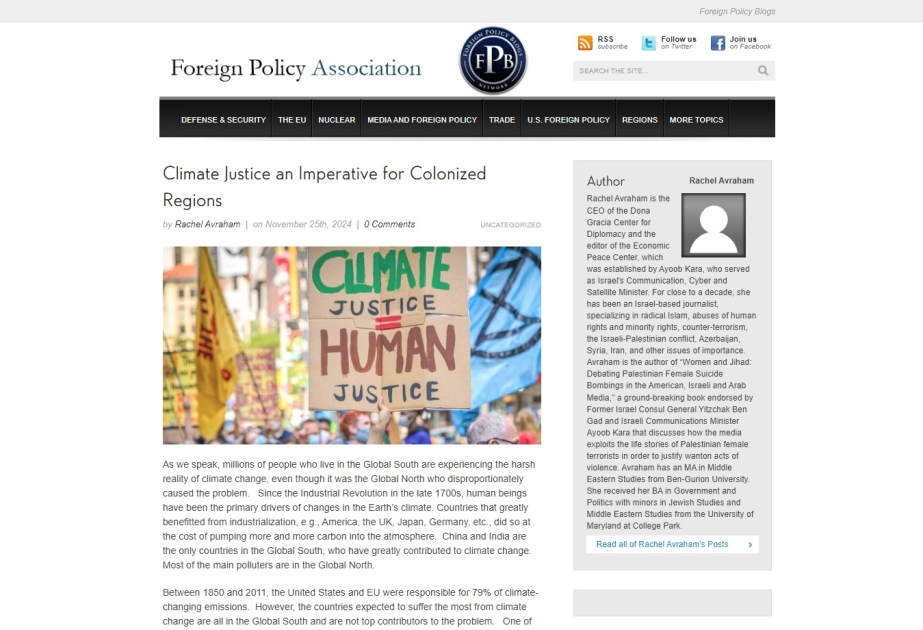
The news portal of the Foreign Policy Association, headquartered in New York, U.S. has published an article by Rachel Avraham, an Israeli political analyst and journalist, CEO of the Dona Gracia Center for Diplomacy, headlined "Climate Justice an Imperative for Colonized Regions".
Describing climate emergency as a legacy of colonialism, the author noted: “Millions of people who live in the Global South are experiencing the harsh reality of climate change, even though it was the Global North who disproportionately caused the problem.”
“For the first time in more than three decades since its inception, the Intergovernmental Panel on Climate Change (IPCC) mentioned the term “colonialism” in a 2022 report. Leading climate scientists acknowledged that colonialism is a historic and ongoing driver of the climate crisis,” the article mentioned.
The author noted that while visiting the Karabakh region, which was once war-torn region once, one can witness how Armenian settler colonialism created a grave ecological crisis in the region. Highlighting polluted rivers with no fish in them, uprooted trees, burnt agricultural fields and mile after mile of ruined homes, surrounded by landmines and dirt roads full of potholes, the authour wrote: “The situation was so grave from an environmental perspective that the region, once known as the “Black Garden” for its ecologically beautiful ecosystem has been dubbed “the Hiroshima of the Caucuses,” after enduring thirty years of Armenian settler colonialism in violation of four UN Security Council resolutions.”
“However, after hosting COP29, Azerbaijan seeks to rebuild Karabakh as a green zone, thus inspiring other countries in the Global South who have witnessed the devastating effects of colonialism and how it has adversely affected the environment. Last spring, I toured around Zangilan and saw that Azerbaijan recently built a green village with a beautiful fountain in the hopes of making Karabakh green again. Around the clock, Azerbaijan is busy rebuilding homes, mosques, cultural heritage sites, and setting up agricultural and other green environmentally sound communities, so that Karabakh can be made great again.
Indeed, the Karabakh of 2024 is not the Karabakh I first witnessed in 2021, thus showing to the world community that Karabakh can recover from the ecological disaster that it experienced and be rebuilt, smart village after smart village, with lush greenery being planted to replace the trees and other natural areas that the Armenians destroyed. Indeed, under the leadership of Azerbaijani President Ilham Aliyev, Armenian settler colonialism has been relegated to the dustbins of history. May the other colonial powers soon follow,” Rachel Avraham added.
Baxış sayı: 115
 Romania’s Veridica publication highlights geopolitical shift in South Caucasus
Romania’s Veridica publication highlights geopolitical shift in South Caucasus
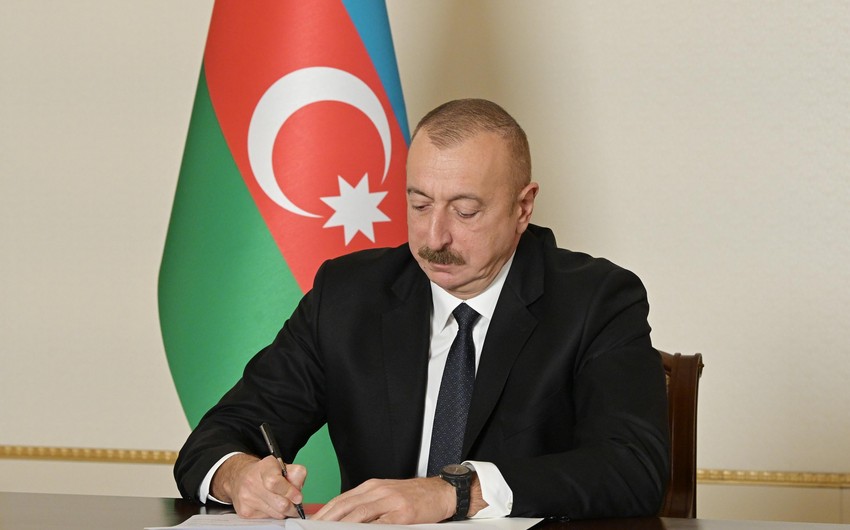 President orders celebration of Azerbaijani poet Khagani Shirvani’s 900th anniversary
President orders celebration of Azerbaijani poet Khagani Shirvani’s 900th anniversary
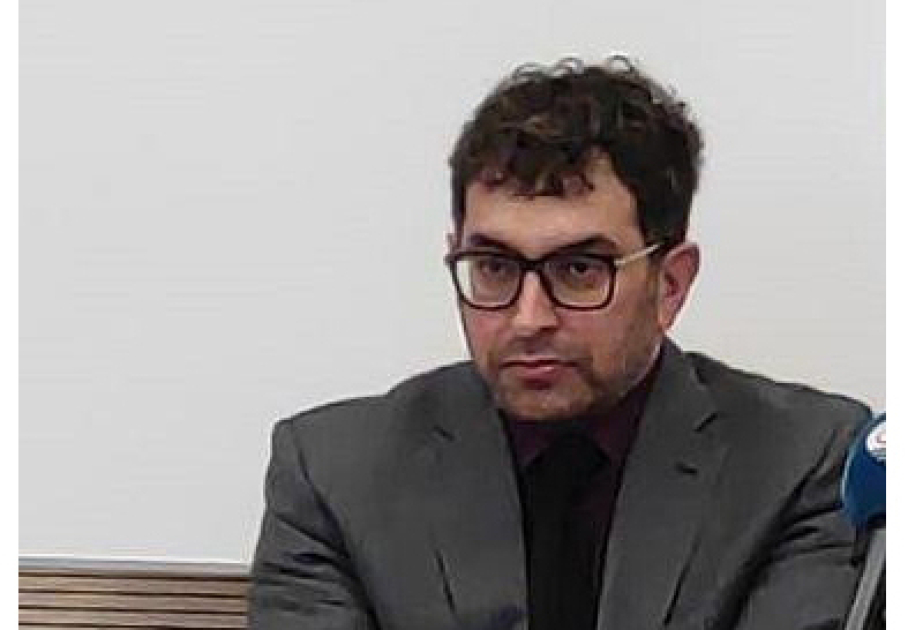 Jason Epstein: Successful implementation of the TRIPP project could bring significant benefits to both Armenia and Azerbaijan
Jason Epstein: Successful implementation of the TRIPP project could bring significant benefits to both Armenia and Azerbaijan
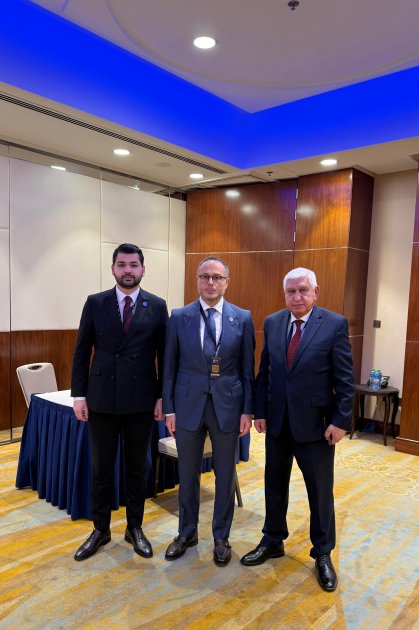 TURKPA Secretary General meets with President of International Parliamentarians’ Congress
TURKPA Secretary General meets with President of International Parliamentarians’ Congress
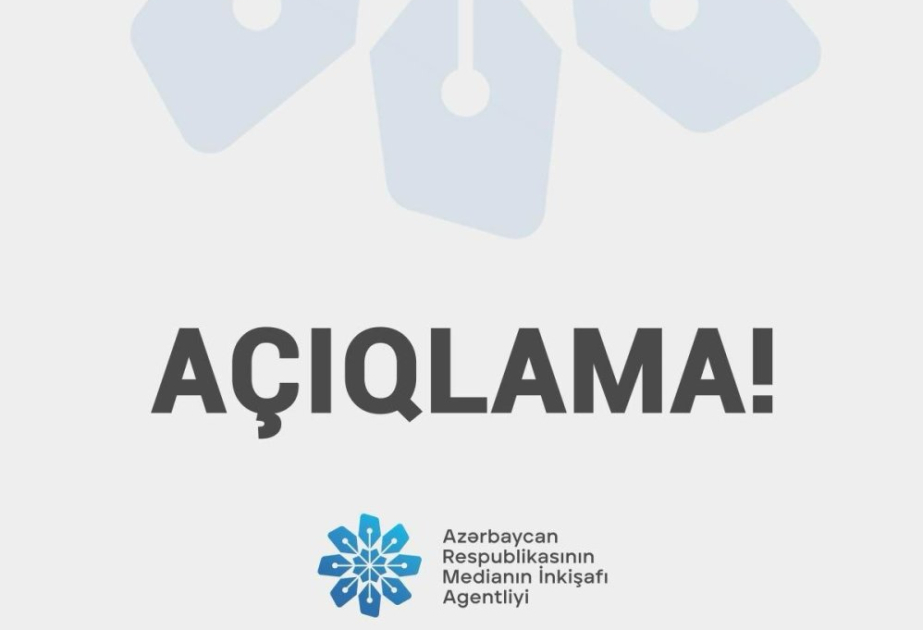 Azerbaijan’s Media Development Agency urges Meta to remove deepfake content attributed to Azerbaijani President
Azerbaijan’s Media Development Agency urges Meta to remove deepfake content attributed to Azerbaijani President
